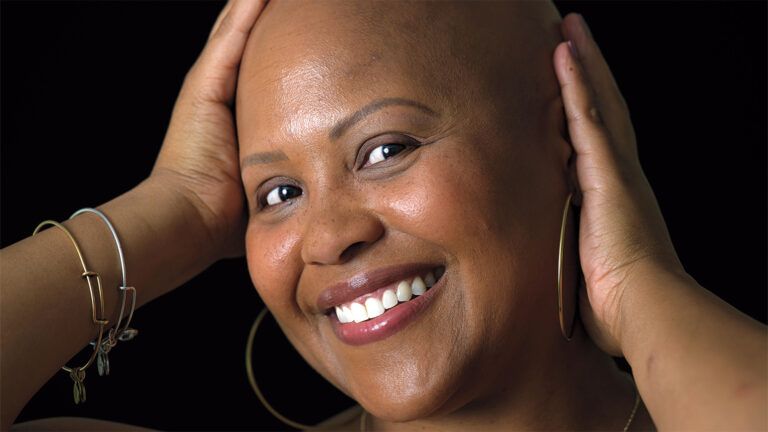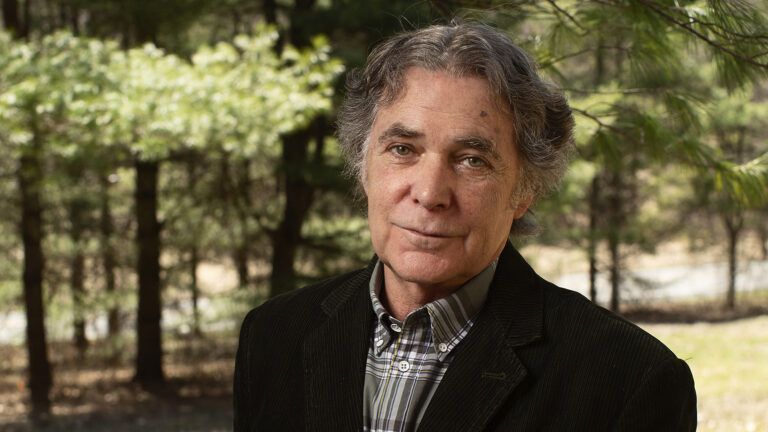Sin can take place openly or in secret. But when not confessed, it becomes a growing burden. Our conscience tugs at us. The wrongdoing bears down on our souls and minds. We can’t sleep. We find little joy. We can even become sick from the relentless pressure.
Holocaust survivor and author Simon Wiesenthal in his book, The Sunflower: On the Possibilities and Limits of Forgiveness, tells his story of being in a Nazi concentration camp. At one point, he was taken off work detail and ushered to the bedside of a dying member of the SS.
The officer had committed horrific crimes including the murder of a family with a small child. Now on his deathbed, the Nazi officer was tormented by his crimes and wanted to confess and, if possible, receive forgiveness from a Jew. Wiesenthal left the room in silence. He did not offer forgiveness. Years later, he wondered if he had done the right thing.
We don’t need to have committed crimes against humanity to feel the need to confess and be forgiven. Most of us are more like Wiesenthal, wondering if we should have withheld forgiveness. We all have something in our lives that troubles our conscience.
The path to offering forgiveness begins with confession—disclosing the hurt we have held onto and seeking reconciliation. Confession can be an ordeal for many. Not even King David, a man after the heart of God, was exempt from this struggle. But once you are ready to confess, pray and ask for God’s forgiveness. Talk to your pastor or priest or a trusted friend—maybe even the person you have held a grudge against.
Forgiveness doesn’t mean you have to allow people to treat you poorly. It simply means releasing any bitterness or anger about the hurt someone else has caused you.
The psalmist wrote, “When I kept silent, my bones wasted away through my groaning all day long.” The agony of unconfessed sin wore down his mind, body and spirit. Forgiveness was the only thing that could bring healing and restore his joy. Without confession there is no forgiveness.
Why is it so hard to forgive? Pride often gets in the way. We want to remain in control and not show any sign of vulnerability and weakness.
Saying “sorry” wasn’t always practiced when I was growing up. Neither was saying “I forgive you.” You took your licks and moved on. Even today, expressing our deepest human failings and forgiving the failures of others is not the cultural norm.
But until we confess our own failings and open our hearts to forgiveness, we are robbing ourselves of the fullness of God’s grace.





